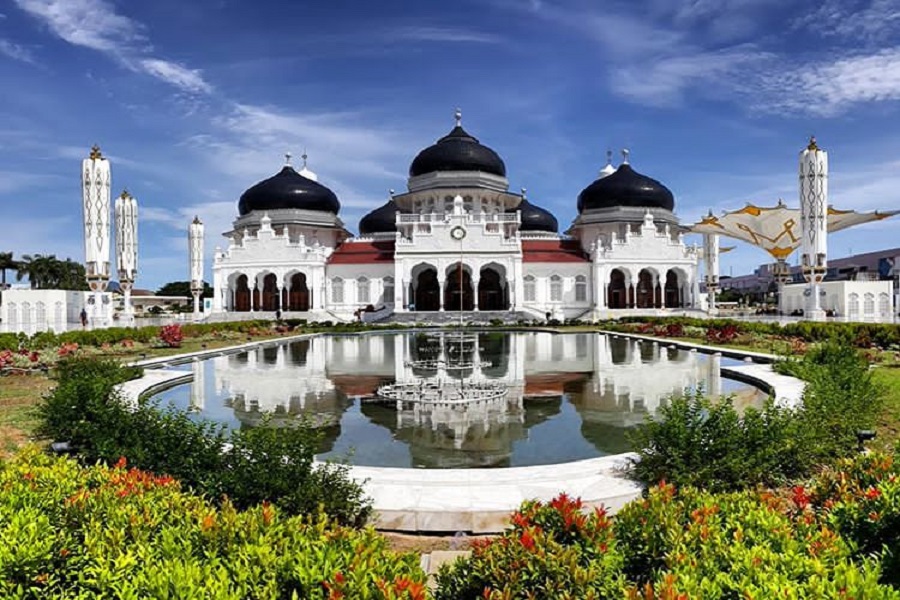
In the globalized business environment, Indonesia, with its vast market and rich resources, has attracted numerous international enterprises. This manual is designed to provide comprehensive human resource management guidance for businesses establishing factories in Indonesia, ensuring smooth business operations and long-term development.
Detailed Analysis of Economy and Investment Policies
As the largest economy in Southeast Asia, Indonesia has drawn attention from global businesses. Its GDP growth rate last year was 5.3%, demonstrating robust economic vitality.
The Indonesian government has implemented a series of measures to attract foreign investment, such as the recent “Negative List of Foreign Direct Investment,” which significantly relaxes restrictions on foreign capital. For instance, foreign ownership restrictions in manufacturing have been relaxed from 55% to 100%, attracting international corporations like Samsung and Apple to invest.
In-depth Labor Market and its Characteristics
Indonesia has a workforce of about 135 million, but the proportion of skilled labor is low. According to World Bank data, only 20% of the workforce has received secondary education or higher. This requires foreign enterprises to provide appropriate skill training during recruitment.
Labor Law and Compliance
Indonesian labor law stipulates that the minimum wage for ordinary employees is 3.5 million Indonesian rupiah per month (approximately 250 USD). Additionally, companies need to understand regulations about termination compensation as stipulated in Article 156 of the “Labor Law” to avoid legal violations.
Effective Cross-Cultural Communication and Management
In Indonesia, respecting elders and superiors is an important cultural characteristic.
Cross-Cultural Communication: Establish diversity and sensitivity training to enhance understanding and respect among employees.
Crisis Response: Develop detailed crisis management plans, such as emergency plans for natural disasters.
Key Considerations in Factory Construction and Site Selection
Site Selection: Analyze the completeness of infrastructure, convenience of transportation, and local government support.
Facility Construction: Focus on environmental protection and employee welfare, such as constructing green buildings and employee rest areas.
For example, Tesla chose to establish a nickel mine in Batam due to the island’s rich nickel resources and excellent port facilities.
Comprehensive Employee Training and Development Plan
Employee Training: Conduct a month-long comprehensive training for new employees, including safety education and skill enhancement.
Performance Management: Form a comprehensive performance management system through regular performance evaluations, combining employee feedback and self-assessment.
Salary and Benefits Management Strategies
Salary Structure: Provide competitive salaries in line with industry standards and regional cost of living.
Benefits Plan: Include comprehensive medical insurance, regular health check-ups, employee training subsidies, etc.
The salary and benefits system should consider local standards. According to a survey, Indonesian employees generally value health insurance and pension plans.
Utilization of EOR and Payroll Outsourcing Services
EOR Services: Provide flexible employment solutions to help manage multinational teams.
Payroll Outsourcing: Manage payroll and taxes through partners to reduce internal management burdens.
Establishing a factory in Indonesia is a complex and challenging task, requiring consideration of various factors such as market, law, and human resources. This manual offers comprehensive guidance and practical advice to help HR managers overcome challenges and achieve successful and sustainable development of their businesses in Indonesia.